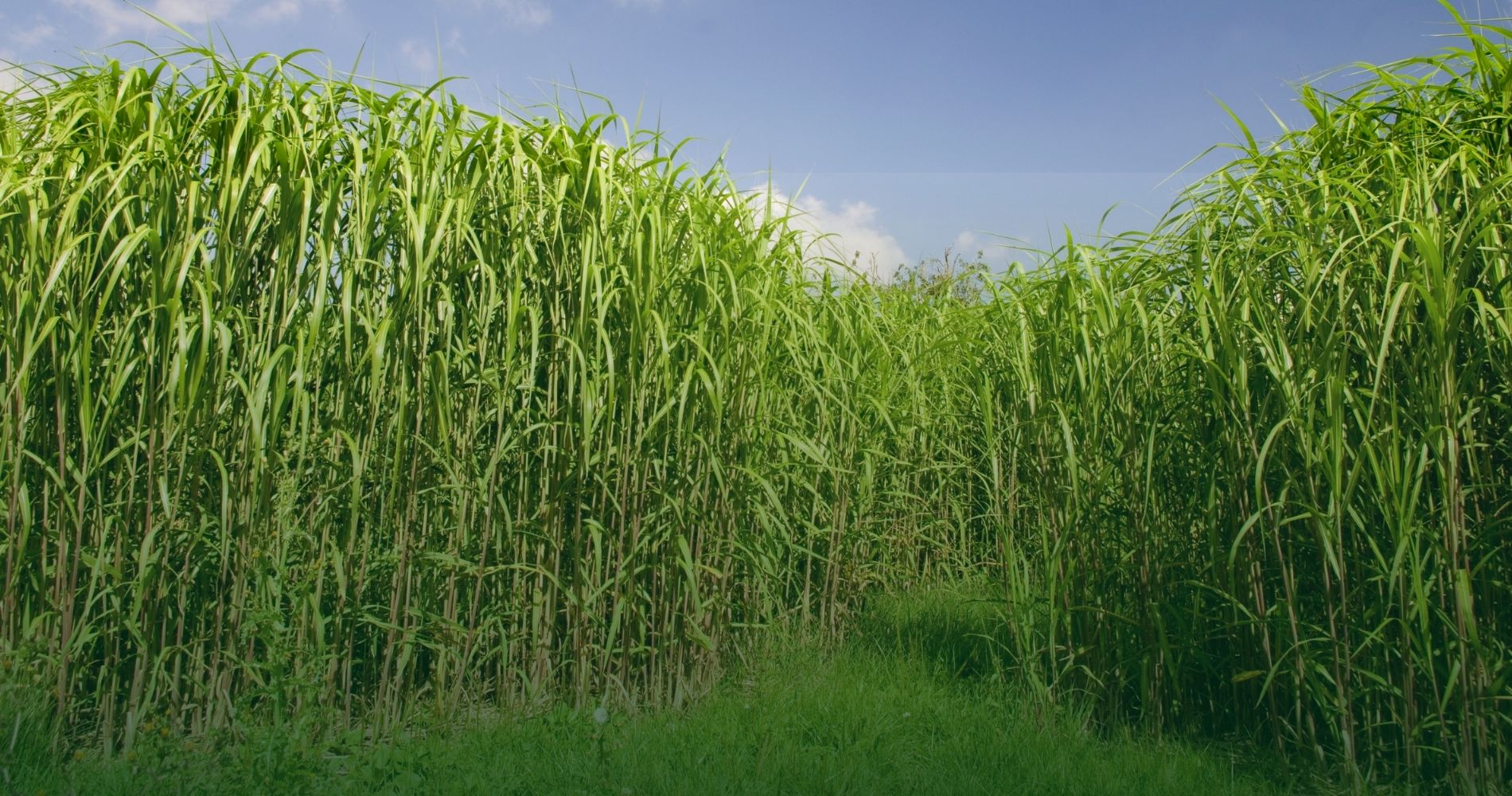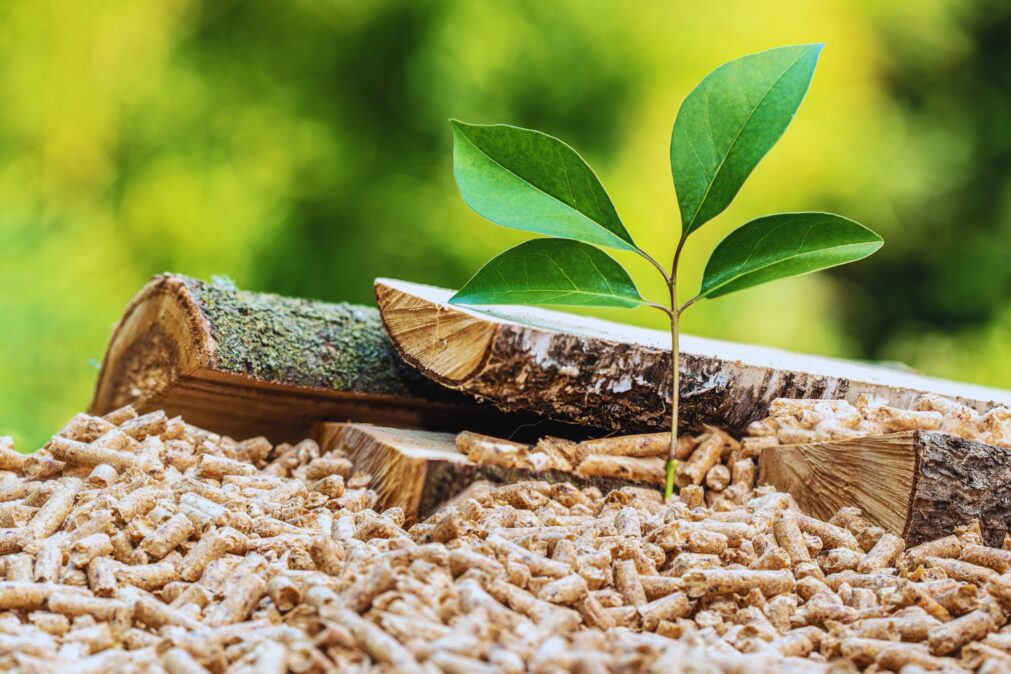In 2023, Brazil reached important milestones in energy generation from biomass, with an average of 3,218 MW generated, equivalent to 4.6% of national energy consumption. This record, reported by CCEE, surpassed the previous one from 2020 (3,140 MWm), reflecting the continued growth and importance of biomass in the Brazilian energy mix. With the addition of 223 MW to installed capacity in 2023 and a forecast increase of 1,155 MW in 2024, the country reinforces its commitment to the sustainable energy transition. The Minister of Mines and Energy highlighted the national effort to maintain global leadership in clean energy, with 93.6% of electricity generated by renewable sources. The advancement of biomass is a testament to the Brazilian strategy to diversify energy sources, reduce emissions and promote sustainability.
In Brazil, biomass has a significant presence with 637 active projects. Sugarcane bagasse is predominant, representing the majority of installed capacity, with 422 plants and 12,410 MW. Furthermore, forestry waste and biogas make important contributions, with 820 MW and 201 MW, respectively. This diversification of sources emphasizes the strategic role of biomass in the national energy matrix, contributing to a cleaner and more sustainable energy transition. The recent expansion, marked by generation records and increased installed capacity, reflects the potential and importance of biomass in reducing dependence on fossil fuels and combating climate change. This robust scenario, supported by favorable policies and technological advances, positions Brazil as a leader in renewable energy, with biomass playing a crucial role in this context.
The rise of biomass in Brazil, evidenced by the 2023 records, signals a promising future for renewable energy in the country. The continuous expansion and plans to increase installed capacity demonstrate a solid commitment to sustainability and innovation in the energy sector. This development not only strengthens Brazil’s leadership in the global energy transition, but also stimulates economic growth, job creation and technological development. Biomass, as one of the pillars of the renewable energy matrix, will be fundamental to achieving the country’s decarbonization and sustainability goals. Investment and improved incentive policies are crucial to maintaining the growth trajectory, ensuring that biomass continues to be a key vector in the Brazilian energy strategy.






